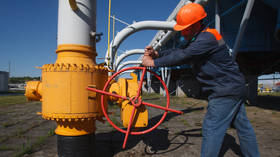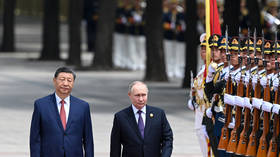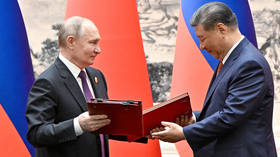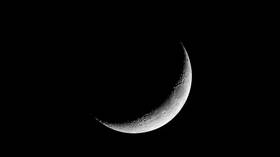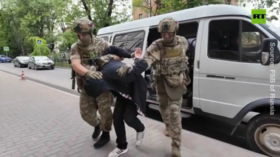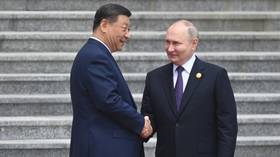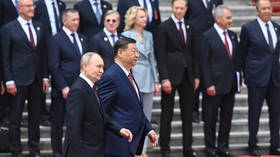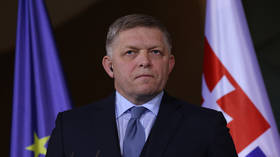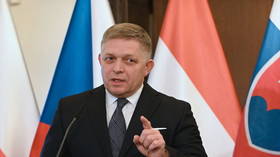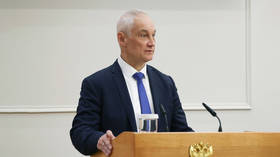Russian gas flow to EU could stop – Ukraine
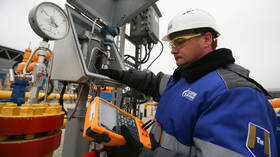
Pipeline gas supplies from Russia to the EU via Ukraine could be shut off next year when the transit contract between Moscow and Kiev expires, the Financial Times reported on Thursday, citing the Ukrainian energy minister.
The agreement is valid until 2024 and the chances that a new deal will be negotiated are slim, German Galushchenko told the outlet. This would mean that Russian gas flows to the EU through one of the last remaining routes will stop, depriving Ukraine of billions of dollars in transit fees.
“I really can’t imagine how it could be [done] bilaterally,” Galushchenko said when asked if Ukraine was willing to renegotiate the contract with Russia. “I can tell you that we are preparing our system for a cut of supplies.”
Brokered by the EU, the current five-year contract between Russia and Ukraine was signed in 2019 just 24 hours before the previous agreement was due to expire. Under the deal, Russian energy giant Gazprom agreed to transit 65 billion cubic meters (bcm) of gas through Ukraine in 2020, and 40 bcm annually between 2021 and 2024.
Prior to March 2022, the EU received most of its natural gas from Russia. Supplies were delivered through Ukraine’s pipeline network, as well as the Nord Stream and TurkStream pipelines. However, sanctions against Moscow and the destruction of the Nord Stream pipeline led to a dramatic reduction in supplies and frenzied stockpiling in the EU last year. This drove prices to all-time highs of $3,600 per 1,000 cubic meters in August.
Natural gas prices have since fallen roughly tenfold, with EU storage facilities filled above the required levels for this time of year. Russian supplies through Ukraine currently account for 5% of Moscow’s gas exports to Europe. However, some EU countries are still heavily dependent on imports from the sanctions-hit country. Gas flowing through Ukraine covered about half of Austria’s demand in May, according to data from energy consultancy ICIS, while in Slovakia it accounted for as much as 95% of total consumption.
“It’s hard to see how you renew a contract that neither side believes the other has honored,” Laurent Ruseckas, an analyst at S&P Global Commodity Insights, told the FT. “But in theory the gas should continue to flow if European buyers still want it and Russia is prepared to send it.”
The outlet noted that even a minor loss of gas supply would send prices soaring across the continent, despite the EU ramping up liquefied natural gas (LNG) purchases from the US, Norway and Algeria.
For more stories on economy & finance visit RT's business section
